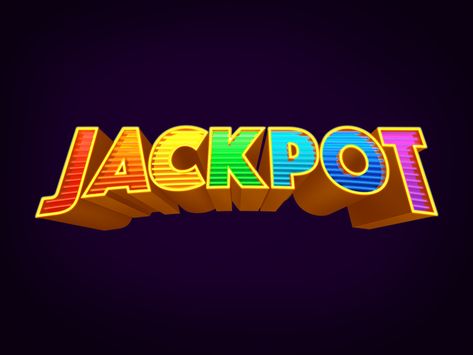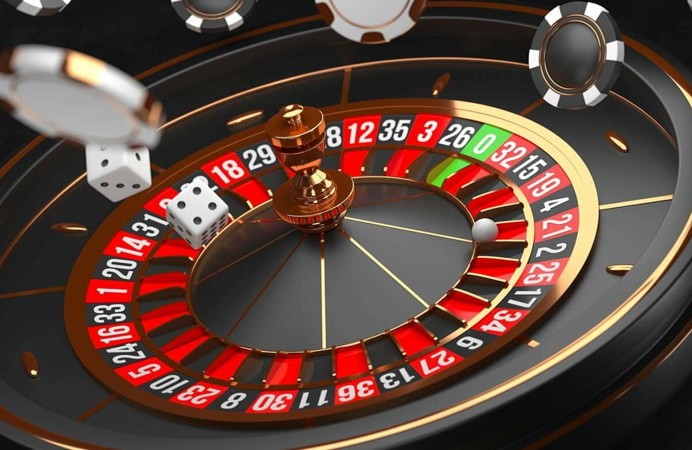Gambling Beyond the Win
Gambling is commonly portrayed as a quest for riches or an indulgent pastime. But for some, the allure of casinos and slots isn’t rooted in the dream of financial gain – it’s about feeling something again. Players, particularly those struggling with depression or emotional numbness, often return not to win, but to experience the spark of life. This emotionally complex reality can be seen in user patterns and player feedback at platforms like https://kingmaker-casino-online.gr/, where the game serves as an emotional stimulant.
This article delves into the psychological, neurochemical, and emotional aspects of gambling as a coping mechanism for emotional flatness and depression, highlighting both the comfort it offers and the dangers it conceals.
The Numbness of Depression and the Appeal of Risk
A Flat World: The Depressive Landscape
Depression dulls life. Colors fade, motivation evaporates, and time slows. For many sufferers, daily activities lose their meaning. Gambling – flashing lights, spinning reels, sudden rewards – offers an emotional jolt, a contrast to monotony.
Controlled Chaos: Emotional Permission to Feel
The unpredictability of gambling provides a form of “controlled chaos” that grants emotional permission. It reintroduces sensations of anticipation, thrill, and even disappointment – any emotion is welcome when numbness is the norm.
Dopamine and the Illusion of Vitality
Dopamine Deficits and Gambling Surges
Depression is often linked to low dopamine activity. Gambling stimulates the dopamine system through reward anticipation and unpredictability, momentarily restoring a sense of liveliness.
Reinforcement Loops
Each small win or near-miss reinforces the cycle. Even a loss can trigger heightened brain activity, strengthening the emotional impact. This creates a loop where emotional engagement becomes addictive in itself.
Expert Perspectives on Gambling as Self-Medication
Dr. Eleni Vakali, Clinical Neuropsychologist
“Some gamblers unconsciously use gambling as self-medication for depression. The problem isn’t just risk-seeking – it’s about chasing emotional reactivation.”
Dimitrios Katsaros, Behavioral Analyst
“We notice patterns where players aren’t increasing stakes for financial gain but for psychological stimulation. It’s a compelling use of the casino as emotional therapy – albeit a risky one.”
Real Voices: Player Stories
Andreas, 39, Thessaloniki
“I wasn’t trying to get rich. I just wanted to feel my heart race. To feel anything. The slots were the only thing that made me feel awake.”
Maria, 47, Patras
“After my divorce, I found solace at casino. I knew I wouldn’t win back my past, but I could win back a moment of feeling.”
The Casino Environment: Designed for Stimulation
Sensory Overload
Lights, sounds, music, celebratory effects – even online platforms replicate the sensory richness of traditional casinos. They provide immersive environments that break through emotional numbness.
Game Mechanics: Intermittent Rewards
Games operate on intermittent reward systems, keeping players emotionally engaged by offering unpredictable and variable reinforcement – perfect for someone craving emotional activation.
Emotional Risk vs. Financial Risk
The Emotional Gamble
Players using gambling to escape depression are often more emotionally than financially invested. The emotional return – feeling alive – becomes the real jackpot.
Detachment from Outcome
These players may show apathy toward wins or losses. The goal isn’t to gain money but to chase sensation, which makes gambling even more insidious and hard to detect.
The Duality of Gambling as Relief and Threat
Temporary Relief
The rush of a game can pull players out of emotional darkness – but only momentarily. Once the thrill fades, they’re often left more drained and hollow than before.
Risk of Addiction
When gambling becomes a primary method of emotional regulation, the transition to addiction is accelerated. The very tool for feeling becomes the trap.
Addressing the Emotional Void Safely
Encouraging Self-Awareness
Understanding why one gambles is critical. Is it boredom, thrill-seeking, or emotional void-filling? Encouraging reflection helps players avoid harmful patterns.
Psychological Support and Therapy
Professional therapy can provide safer, long-term strategies for addressing emotional numbness and depression, reducing the psychological burden placed on gambling.
Responsible Gaming Tools
Emotional Checkpoints
Players are prompted to reflect on their current emotional state before and after sessions, promoting self-awareness.
Cool-Off Periods and Limits
Features like daily time limits and cool-off periods help prevent binge gambling driven by emotional lows.
Cultural Perceptions and Gambling as Escapism
Stoicism and Silence
In cultures where emotional vulnerability is stigmatized, gambling becomes a discreet outlet. No explanations are needed to play.
Rewriting the Narrative
Destigmatizing mental health and encouraging emotional openness can reduce the appeal of high-risk emotional outlets like gambling.
Alternatives to Gambling for Emotional Engagement
Creative Activities
Art, music, and writing can re-engage emotional responses. Unlike gambling, they offer expression without the risk of financial loss.
Physical Movement
Exercise releases endorphins and increases dopamine naturally. Activities like dance or group fitness can reintroduce joy and engagement.
Moving Toward Balanced Play
Identifying Emotional Triggers
Recognizing emotional states that precede the urge to gamble helps players take control. Sadness, boredom, or loneliness should not be ignored.
Community Support
Connecting with others – through forums, support groups, or mental health communities – can provide emotional richness without risk.
Conclusion: Seeking Life, Not Just Luck
For some, gambling is less about risk and reward and more about feeling alive in a world dulled by emotional exhaustion. At casino, this complex psychological relationship is taken seriously through responsible gaming tools, educational resources, and community engagement.
Gambling should be entertainment – not therapy. Understanding why we play is essential to playing responsibly. If gambling becomes the only way to feel something, it’s no longer a game. It’s a signal.

